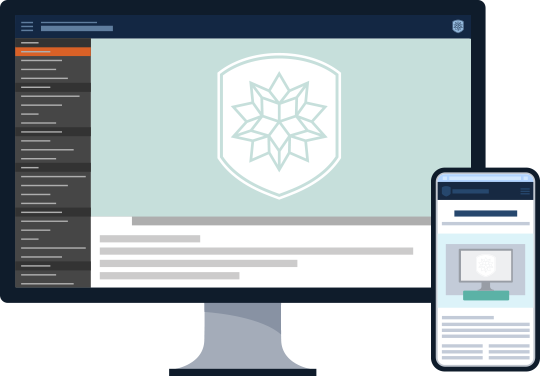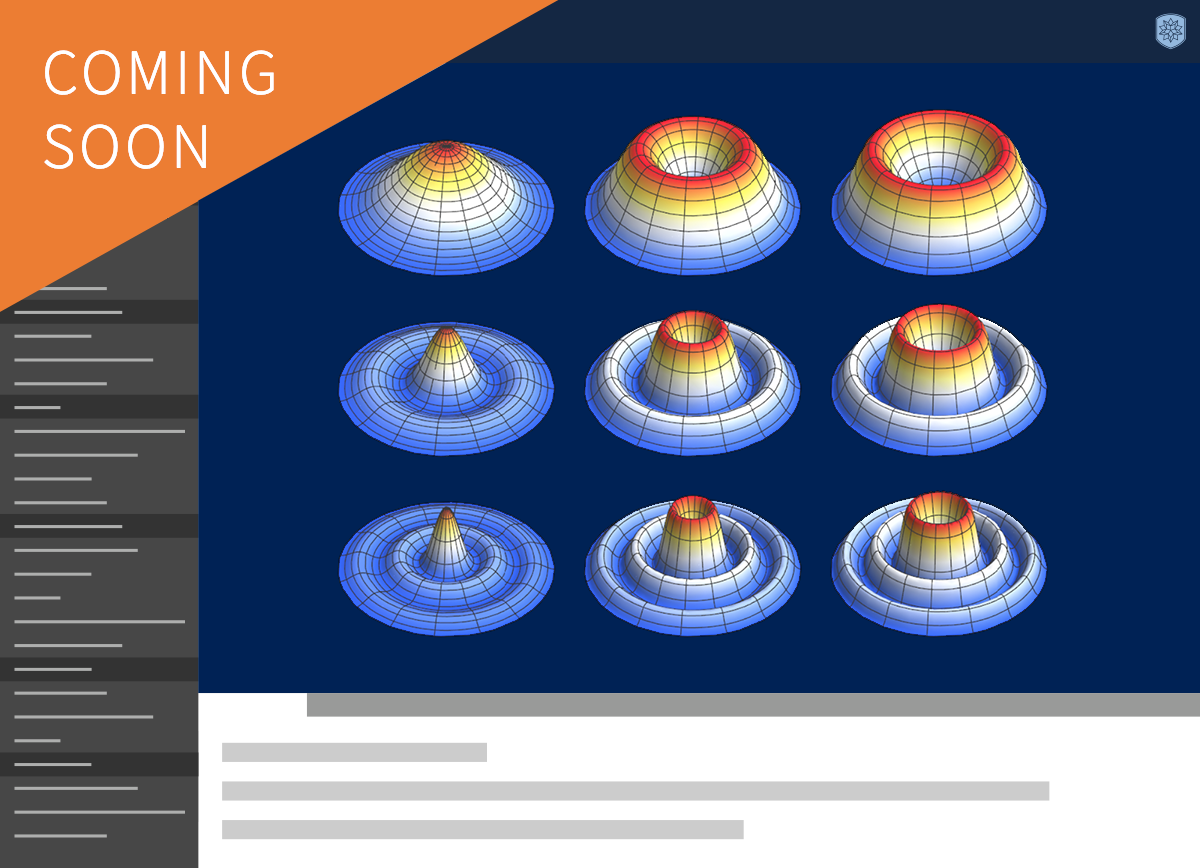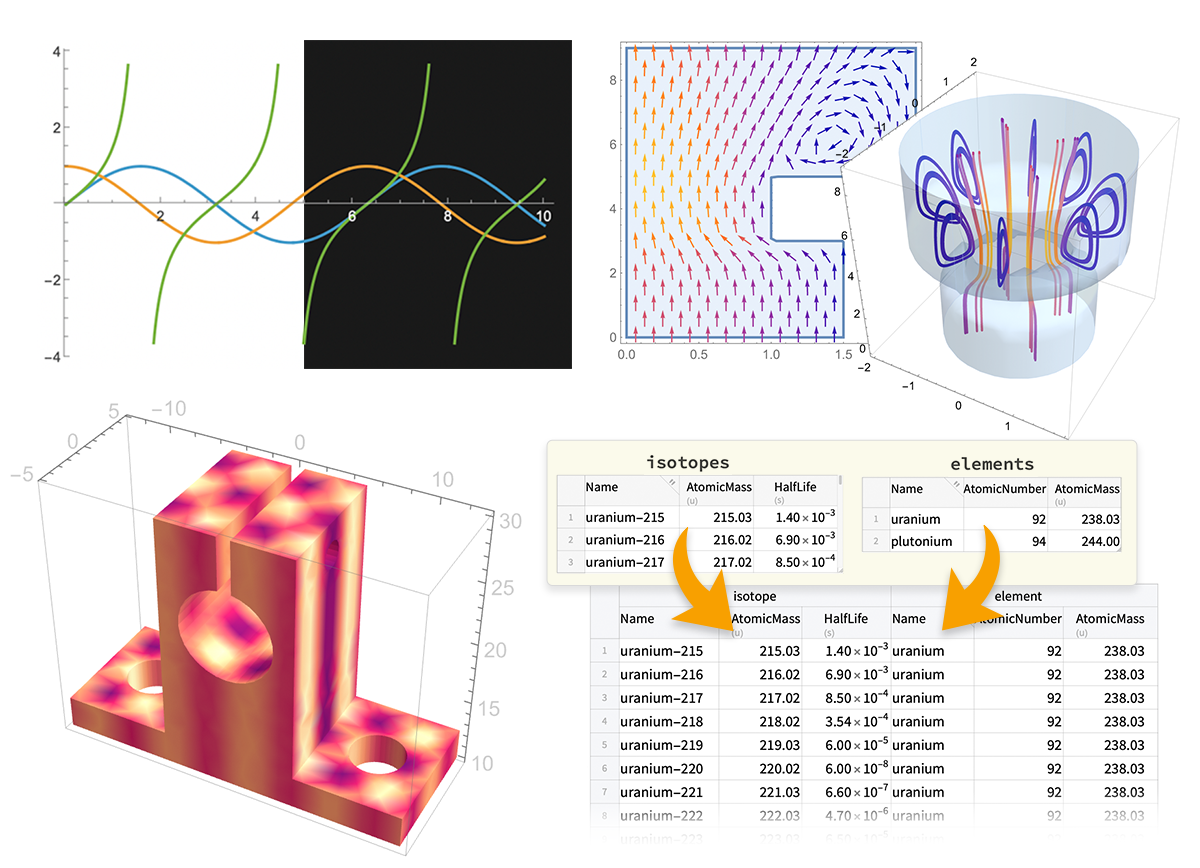All Classes and Courses
Browse the catalog for self-paced interactive courses, video lessons and video courses, as well as scheduled instructor-led sessions, study groups, webinars and special events.
Click any button to browse all catalog resources in a particular area or use the filters to refine your search. Learn about the different course types.

Introduction to Cryptography

Introduction to Elementary Algebra

Introduction to Finite Mathematics

Introduction to Fractional Calculus

Introduction to Laplace Transforms

Introduction to Linear Algebra

Introduction to Mathematica for Students and Teachers

Introduction to Multivariable Calculus

Introduction to Partial Differential Equations

Introduction to Probability

Introduction to Statistics

Introduction to Stochastic Processes for Finance Research and Trading

Introduction to the Wolfram Quantum Computation Framework
(Study Group Sessions)

Mathematica and Wolfram Language for
Mathematics Research and Study (Study Group Sessions)

Mathematica for the Calculus Classroom

Model Fitting and Analysis

Modeling with Statistical Distributions

New in Wolfram 14.1 Webinar Series

New in Wolfram 14.2 Webinar Series

New in Wolfram Language 13.1 Webinar Series

New in Wolfram Language 13.3 Webinar Series

New in Wolfram Language and Mathematica 14.3

Numerical Computing: Advanced Techniques

Problem Solving for Competitive Math

Course Type
- Interactive Courses
- Video Lessons
- Video Courses
- Instructor-led Courses
- Archived and Special Events
Interactive Courses
Also known as MOOCs (massive open online courses), these courses are hosted on the Wolfram Cloud and allow you to interactively explore concepts using Wolfram Language functionality.
Self-paced with progress tracking
Include video lessons, exercises and problems, quizzes, exams and a scratch notebook
Sharable completion certificates available for all courses
Wolfram Level 1 proficiency certifications available for select courses
Video Lessons
Short recorded lessons that provide limited instruction on a computational topic or for using Wolfram tech.
Quick-start videos
Lessons from content experts
A wide variety of beginner-level lessons
Free to watch
Video Courses
Video series that build on preceding lessons to provide comprehensive instruction.
Each video course features a playlist of sequential lessons
Recorded by Wolfram certified instructors
Comprehensive coverage of a particular topic
Free to watch
Instructor-led Courses
Scheduled as online and in-person classes, these courses provide comprehensive instruction guided by a live instructor.
Registration required to reserve your seat
Taught by Wolfram certified instructors
Opportunity to pose live questions to experts in the room
Course completion certificates available
Archived and Special Events
Presentations by Wolfram developers, content experts and instructors.
Webinars on special topics and new release functionality
Livecoding sessions
Wolfram Daily Study Groups
Free to watch
